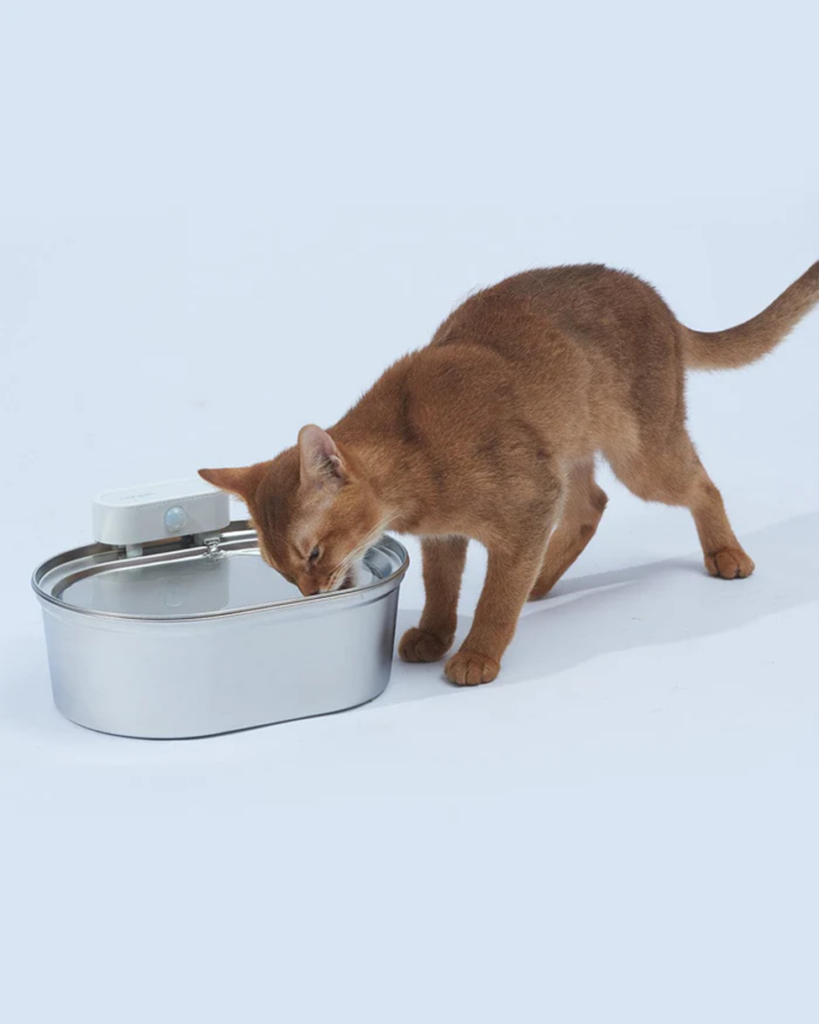Meta Title: Different Types of Barbecues: Gas, Charcoal, Electric, and Pellet Grills
Meta Description: Discover the pros and cons of gas, charcoal, electric, and pellet grills to find the best barbecue for your cooking style and flavour preference.
Barbecuing is a beloved culinary tradition, offering a unique way to prepare flavorful meals outdoors. The type of grill you choose can significantly impact your cooking experience and the taste of your food. In this guide, we’ll delve into four popular types of barbecue grills: gas, charcoal, electric, and pellet grills.
Gas Grills: Convenience and Control
Gas grills run on propane or natural gas, offering an easy-to-use and efficient grilling solution. They are one of the most popular choices for backyard grilling due to their speed and ease of use.
For a wide selection of gas grills, check out https://barbecuesgalore.ca/collections/barbecues.
Advantages of Gas Grills
- Quick ignition
With a simple push of a button or turn of a knob, gas grills heat up in minutes, making them perfect for weeknight dinners or spontaneous barbecues.
- Precise temperature control
Adjustable burners allow for even cooking and versatility, making it easier to cook a variety of foods at different heat levels.
- Low maintenance
Produces minimal ash or residue, making cleanup easier than charcoal grills.
- Even cooking
Gas grills distribute heat evenly, reducing the risk of hotspots and undercooked food.
Things to Consider
- Less smoky flavour
Gas grills don’t impart the deep, smoky taste that charcoal or pellet grills provide, which might be a drawback for some barbecue enthusiasts.
- Fuel dependency
Requires a propane tank or connection to a natural gas line, which means monitoring fuel levels is necessary.
- Higher upfront cost
Typically more expensive than basic charcoal grills, though the convenience often makes up for the price.
For a breakdown of the best gas grills available, check out Serious Eats.
Charcoal Grills
Charcoal grills use lump charcoal or briquettes to produce heat, delivering an authentic barbecue taste that many grill lovers swear by.
Advantages of Charcoal Grills
- Rich, smoky flavour
Charcoal enhances the taste of grilled meats and vegetables, giving them a signature barbecue aroma.

- High heat for searing
Capable of reaching higher temperatures than most gas grills, making them great for achieving the perfect sear on steaks.
- Portable options available
Ideal for tailgating, camping, or backyard grilling, with compact models available.
- More affordable options
Basic charcoal grills are generally cheaper than gas and pellet grills, making them accessible for any budget.
Things to Consider
- Longer setup time
Charcoal takes time to light and reach the right cooking temperature, which may not be ideal for quick meals.
- Less temperature control
Requires adjusting vents and coal placement to manage heat levels, making it slightly more difficult for beginners.
- More cleanup required
Ash and used charcoal need proper disposal, requiring a bit more effort in maintenance.
Electric Grills
Electric grills use a heating element rather than fire, making them a convenient choice for indoor and apartment living. They are perfect for those who want a grill but have limited outdoor space.
Advantages of Electric Grills
- Easy to use
Simply plug it in and start grilling without worrying about fuel, making it one of the simplest grill options.
- Great for indoor use
Ideal for places with restrictions on open flames, such as apartments and condos.
- Even temperature control
Provides consistent heat with little risk of flare-ups, allowing for reliable cooking results.
- No smoke or fire hazards
Since they don’t require an open flame, they are one of the safest grilling options.
Things to Consider
- Lacks smoky flavour
Doesn’t replicate the wood-smoked taste of charcoal or pellet grills, which may be a downside for barbecue purists.
- Requires electricity
Not as portable as other options since it needs an outlet, limiting its use in outdoor settings.
- Lower heat output
May not reach the high temperatures needed for a perfect sear, making it less ideal for grilling thick cuts of meat.
Pellet Grills
Pellet grills use compressed wood pellets for fuel, combining grilling and smoking for a rich, flavorful cooking experience. They use an automatic auger to feed pellets into a fire pot, making temperature control easier than traditional charcoal grills.
Advantages of Pellet Grills
- Distinct smoky flavour
Different wood pellet types (hickory, mesquite, cherry) add unique tastes, allowing for customizable flavours.
- Automated temperature control
Many models have digital thermostats for easy adjustments, making them user-friendly.
- Multi-functional cooking
Pellet grills can grill, smoke, bake, and even roast, offering incredible versatility for various recipes.
- Fuel efficiency
Pellet grills burn efficiently, producing less waste compared to charcoal grills.
Things to Consider
- Higher cost
Pellet grills tend to be more expensive than gas or charcoal options, though their versatility can justify the price.
- Learning curve
Mastering temperature settings and pellet types takes practice, making them better suited for dedicated grillers.
- Maintenance required
Needs regular cleaning to remove ash and residue, ensuring optimal performance.
Since pellet grills rely on wood as fuel, they do emit smoke. It’s important to be aware of air quality concerns related to wood smoke exposure. To learn more about the potential health effects, visit the EPA’s guide on wood smoke and air quality.
How to Choose the Right Grill for You
To find the perfect grill, consider these factors:
- Cooking Style
Do you prefer quick and easy meals, slow-smoked barbecue, or high-heat searing?

- Flavour Preference
If you want a rich, smoky taste, a charcoal or pellet grill is the best option.
- Convenience
Gas and electric grills offer quick startup and easier cleanup, while charcoal and pellet grills require more effort.
- Available Space
Electric grills are ideal for apartments, while charcoal and pellet grills work best in open areas.
- Budget
Gas and electric grills have lower operational costs, while pellet grills require a bigger investment upfront.
- Portability
If you need a grill for camping or tailgating, charcoal grills are the most travel-friendly.
- Maintenance
Pellet and charcoal grills require more upkeep, while gas and electric grills are easier to clean.
Conclusion
Each type of barbecue grill offers unique benefits, and the best one depends on your personal grilling goals. Gas grills provide convenience, charcoal grills deliver authentic smoky flavours, electric grills are easy and safe for indoor use, and pellet grills offer the most versatility.
By weighing the pros and cons of each type, you can make an informed decision and enjoy delicious grilled meals tailored to your taste. No matter which grill you choose, the key to great barbecue is experimenting with different techniques, flavours, and recipes to find what works best for you.



